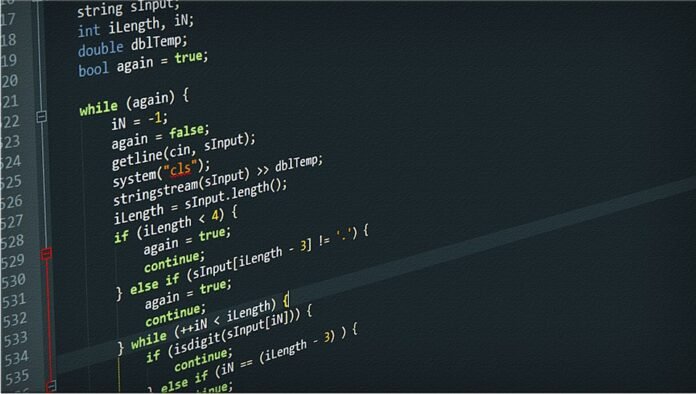Of course. Here is an article about the “one thing” they don’t tell you about becoming a programmer.
The One Thing They Don’t Tell You About Becoming a Programmer
You’ve seen the montage. The aspiring programmer, fueled by coffee and ambition, staring at a screen of glowing text. They type furiously, their fingers a blur. A few tutorials, a couple of personal projects, and—voila!—they’re a highly-paid software engineer, building the future from a blank canvas.
This is the myth we sell. It’s a story of creation, of logic, of building something from nothing. The advice follows suit: learn Python, master data structures, build a portfolio, and practice LeetCode. And while all of that is important, it skips over the single most dominant reality of a professional programmer’s life.
The one thing they don’t tell you about becoming a programmer is this: You will spend far more of your career reading code than writing it.
The beginner’s journey is a beautiful lie. It’s a world of clean slates. You build a to-do list app, a weather widget, a personal blog. In each case, you are the god of that small universe. You know every variable, every function, every design choice, because you made them all just hours ago.
Then you get your first job.
On day one, you’re not handed a blank file and told, “Go build our new payment system.” Instead, you’re handed a key to a digital city that has been under construction for a decade. It’s a sprawling metropolis of code with forgotten districts, undocumented back-alleys, and baffling architectural choices made by people who left the company five years ago.
Your job is not to build a new city. Your job is to add a single traffic light to a chaotic intersection, and you must do it without disrupting the ancient plumbing system buried three layers beneath the asphalt.
This is the fundamental shift: from creator to detective. From architect to archaeologist.
The majority of your time will be spent:
- Navigating the Labyrinth: Tracing a single user request as it weaves through dozens of files, services, and databases just to understand how it works right now.
- Code Archaeology: Carefully excavating a function written in 2014 to understand its purpose. You’ll ask questions like, “Why is this variable named
data2? What forgotten business logic does this strangeifstatement protect? If I remove this, will a server in another country silently catch fire?” - Becoming a Translator: The product manager wants a “simple button” that does X. You must translate that request into the language of the existing system, determining where the button can realistically live and what it will take to wire it into the legacy infrastructure.
The most valuable skill you can develop is not the ability to write a clever one-liner, but the patience to read 500 lines of someone else’s code and understand the intent behind it. The real challenge isn’t writing the ten lines of new code to fix a bug; it’s the two days of detective work it takes to find the right place to put those ten lines.
This might sound like a letdown. Where is the artistry? The creation? But here’s the second secret: this is where the real mastery lies.
Anyone can learn the syntax to write a for loop. Very few can develop the intuition to navigate a million-line codebase and pinpoint the source of a subtle error. This is what separates a junior developer from a senior one. A senior engineer’s value is not measured in lines of code written, but in their deep understanding of the system as a whole. They are human debuggers, system whisperers, and keepers of institutional knowledge.
So, if you’re learning to code right now, how can you prepare for this reality?
- Contribute to Open Source. This is the single best way to simulate a real job. Pick a project you use and find a beginner-friendly bug. You’ll be forced to read documentation, understand contribution guidelines, and navigate a codebase you didn’t write. It’s an invaluable, and often humbling, experience.
- Read Professional Code. Don’t just write your own. Go to GitHub and read the source code of the libraries and frameworks you use. How does Express.js handle routing? How does a popular library manage its state? You’ll learn more from an hour of reading high-quality code than from a day of writing your own in a vacuum.
- Prioritize Code Reviews. When you work on a team, treat code reviews as a sacred learning opportunity. Read your colleagues’ code with curiosity. Ask questions. Understand their solutions. It’s a masterclass in different ways to solve a problem.
- Embrace the Debugger. Don’t just
console.logyour way through a problem. Learn to use a real debugger. It’s a tool designed for reading code in motion, and it’s your best friend for untangling complex systems.
The dream of being a programmer isn’t false, it’s just incomplete. The magic isn’t always in the flash of creation from a blank screen. More often, it’s in the quiet, profound moment of clarity—the “aha!” when a sprawling, intimidating system finally clicks into place in your mind.
You’re not just a builder. You’re a detective, an explorer, and a problem-solver. And in the complex world of software, that’s infinitely more valuable.

